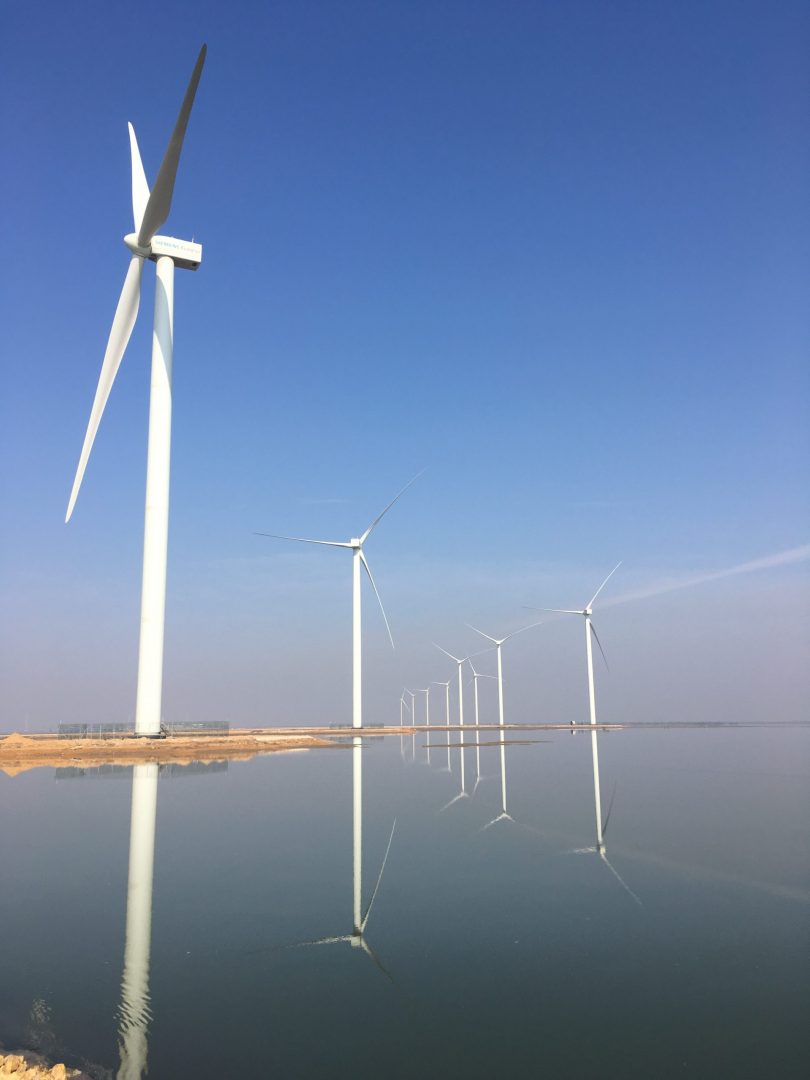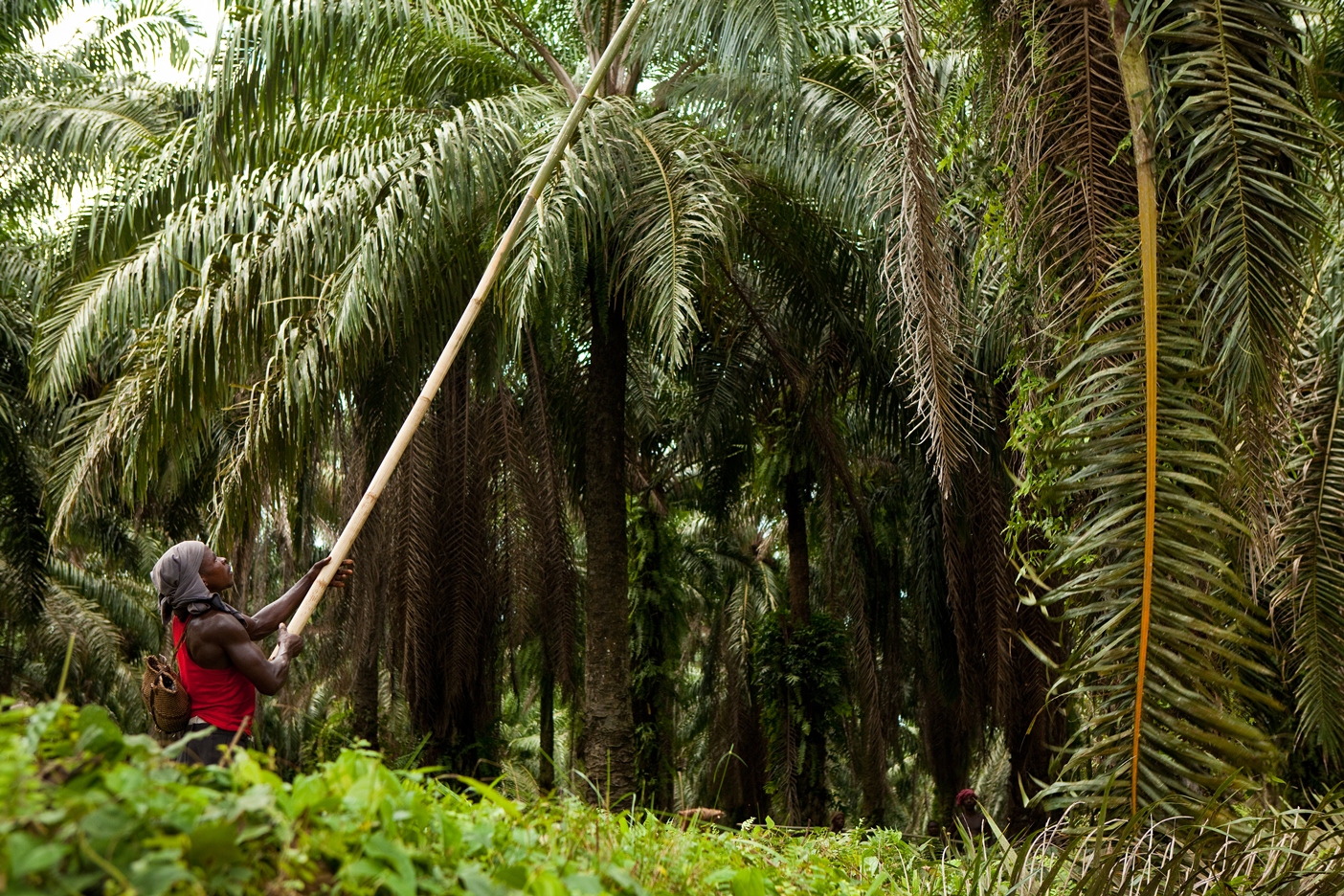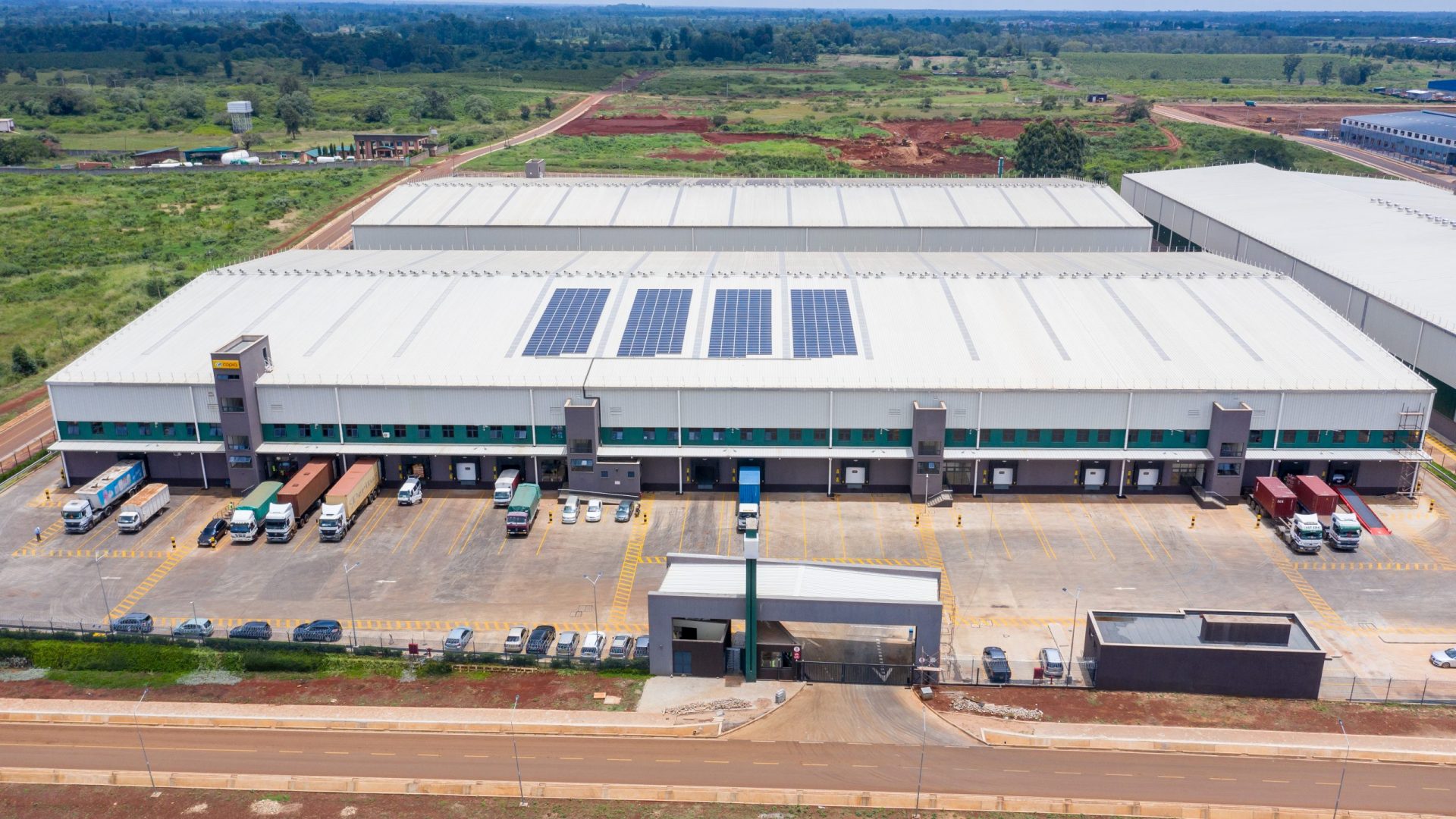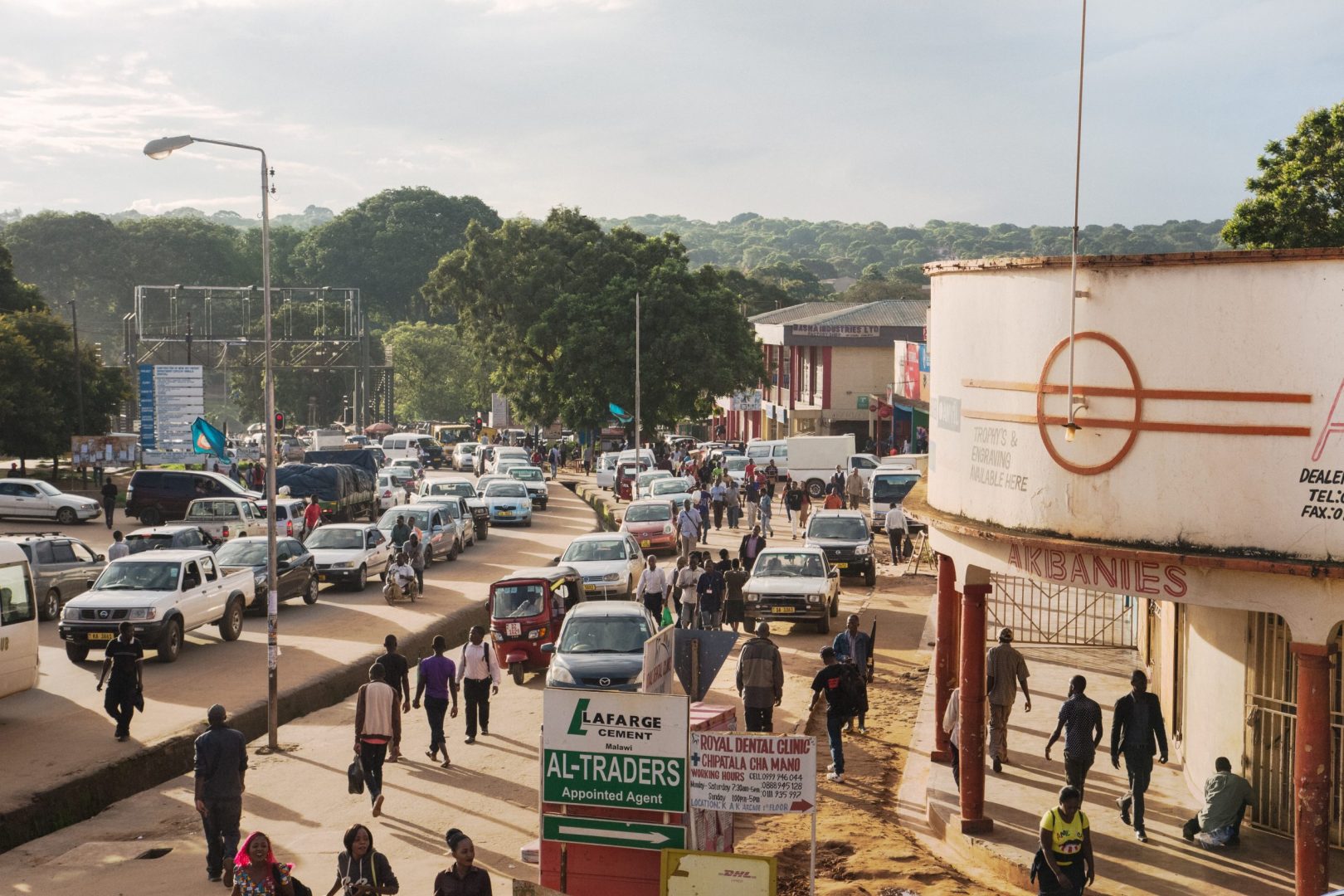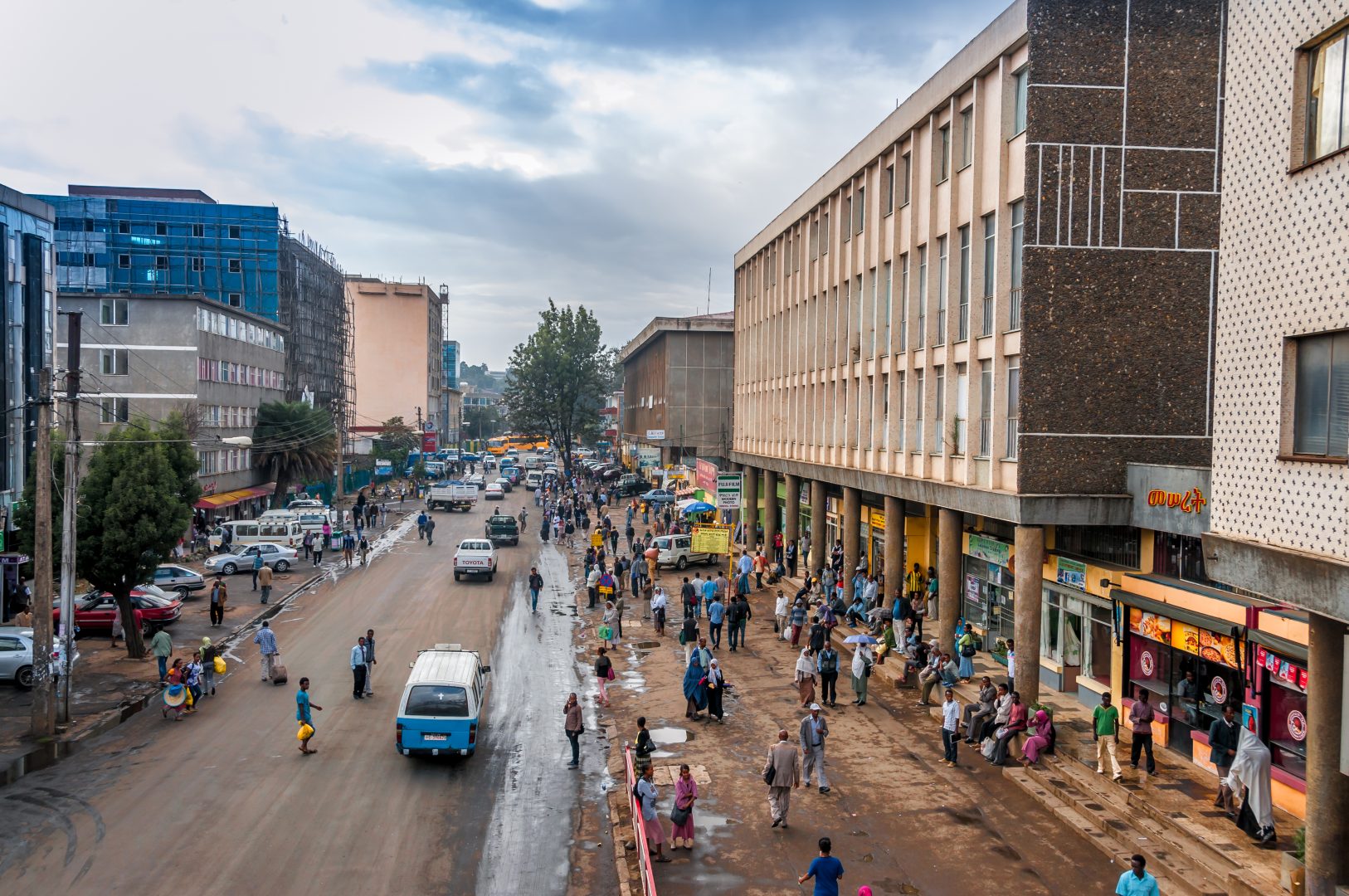Investing for clean and inclusive growth in emerging markets
Investment in the private sector presents a real opportunity to support emerging markets transition to net-zero and resilient economies.
This includes investing in the growing market of solutions to mitigate greenhouse gas emissions, adapt to the impact of climate change, and ensure the transition to a new green economy is fair and inclusive of vulnerable populations, including women.
At COP26 we hosted a panel discussing how development finance can play a crucial role in catalysing more investment into transformative climate solutions – bringing tangible outcomes that are private sector-driven and inclusive.
Chaired by CDC CEO Nick O’Donohoe, the event looked at what investors need to do to move capital more quickly into scalable climate solutions.
Panellist Bill Winters, Chief Executive of Standard Chartered, said blended finance – a mixture of public and private capital – must be part of the solution. However, currently there are no standardised investment products that allow capital “earmarked” for sustainable investing to be easily committed.
The complex nature of projects in developing countries means investors are not comfortable in these markets and product standardisation, he said, would help to overcome the barrier.
However, this isn’t to say that change isn’t happening. Fellow panellist Wendy Woods Managing Director, Senior Partner of Social Impact at BCG Global, said she had seen change in the past few years, particularly in relation to action around climate mitigation.
“It’s smart. Companies in heavy-emitting industries that are lower carbon emitters than their peers actually see 20 percentage point premiums on their valuations,” she said.
Incentives are helping to mobilise capital into businesses focused on climate mitigation. However, efforts towards adaptation are slower and there is a need for more public-private partnerships to catalyse investments in those companies.
The other challenge for climate finance, she said, is finding projects that are the right scale for larger and institutional investors.
“We’re missing the projects that are actually at scale. When you’re looking to put millions or trillions of dollars to work you need projects of a certain scale, and right now we’re having a hard time finding those in the places that actually need them the most. And so, one of the things we need to figure out is how do we get that scale,” she explained.
One solution would be to aggregate smaller projects, so they become relevant and of interest to larger investors that do not have the capacity to invest at a micro level. Wendy pointed to COP22 where the Initiative for the Adaptation of African Agriculture to Climate Change aggregated projects that individually would not have been attractive to investors, but together became a viable prospect for creating impact at scale.
“I actually think the incentives are there, the finance is there, and the question is how do we create the scale and how do we create the consistent information systems.
“We need [impact] standards that allow investors to have confidence in the investments that they’re making at scale.”
And from the perspective of businesses in developing and emerging markets, more can be done to streamline the investment process, said David Auerbach, co-founder of Kenya-based Sanergy, a company providing affordable sanitation solutions.
David told the panel that there remains a high level of “distrust” from international investors about what is happening “on the ground” in emerging markets and they demand a much higher level of scrutiny than they do before investing in developed markets.
“I don’t think the onus is on the companies to be able to have to prove that they’re big enough or that they’re worthy enough of the capital, there has to be mindset change.
“Africa still gets heavily discounted for political insecurity; it still gets heavily discounted for currency rates. And some of it’s valid of course, but at the same time going in with the mindset that ‘we have to make these deals’, I think will change how the investment community reacts.”
Likewise, he said one way to make it easier for both investors and companies would be if investors trusted each other’s due diligence in areas such as environmental, social and governance requirements. The company is currently going through the process of its third fundraising from investors.
“Right now, every single investment fund has to go through their own process. Each of those takes three six months. So how can there be trust and collaboration among these funders?”
Dolika Banda, Non-Executive Director at CDC and former CEO of African Risk Capacity Insurance, said the challenge is mobilising more capital to the right places, and she can see it from both sides.
“I sit on the side where this capital is available and is announced as being available, but I also sit on the other side with David where you see some really good innovation trying to access it.
“I don’t want to say people haven’t been working on this but there’s now an urgency to it and there’s a scale issue to it. And for me there is a great role for the development finance institutions. They have always been on the frontier of going into territories that others have not gone into, to demonstrate that these things are viable.
“So, I think we’ve got to keep pushing that envelope with a much higher sense of urgency than we’ve had up until now.”
Summing up the discussion, Helen Whately MP, Exchequer Secretary to the Treasury, UK Government, highlighted the fact the “capital is there” and the challenge in ensuring it can reach the places where it is needed the most.
“On the one hand we are making progress, but we’re all here at COP because we know there is absolutely no time for complacency.”
Watch the event recording here

